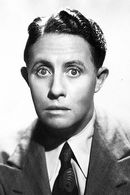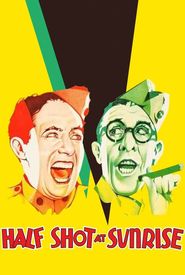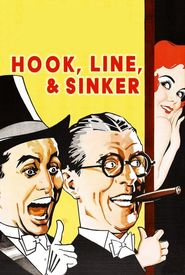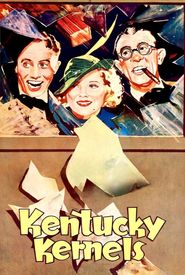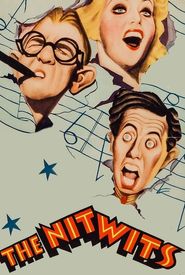After his mother's untimely passing at the tender age of seventeen, Wheeler was raised by his father and an aunt, later joined by a stepmother, in a family environment that would shape his life's journey.
He eventually made his way to New York, where he pursued his dreams of breaking into the entertainment industry, hoping to make a name for himself in the world of showbiz.
Wheeler's first big break came when he worked with Gus Edwards, acting in various shows, including "The Gingerbread Man" and "When Dreams Come True". It was during this time that he met his first wife, Margaret Grae, with whom he formed a highly successful vaudeville team. Despite being repeatedly approached to make movies, including a request from Harold Lloyd, Wheeler remained committed to vaudeville.
In 1926, Wheeler and his wife divorced, and his ex-wife soon remarried another actor. Wheeler's life took a new turn in 1927 when he was signed by Florenz Ziegfeld Jr. for his show "Rio Rita", where he was paired with Robert Woolsey. The two comedians clicked immediately and went on to form a comedy team that lasted until Woolsey's untimely death in 1938.
When Ziegfeld sold the screen rights of "Rio Rita" to the newly formed RKO studio, Wheeler and Woolsey were the only actors in the cast who repeated their stage roles. The team was further strengthened when young actress Dorothy Lee joined them.
Throughout the 1930s, while Wheeler made many comedies in Hollywood, he also experienced the highs and lows of marriage, being divorced twice.
After Woolsey's passing, Wheeler continued his career as a solo performer, splitting his time between the stage and screen.
However, Wheeler's later years were marked by financial struggles and declining health.
In a devastating blow, just two weeks before his own death on January 18, 1968, his daughter Patricia succumbed to cancer, leaving Wheeler to face the darkness of loss alone.
